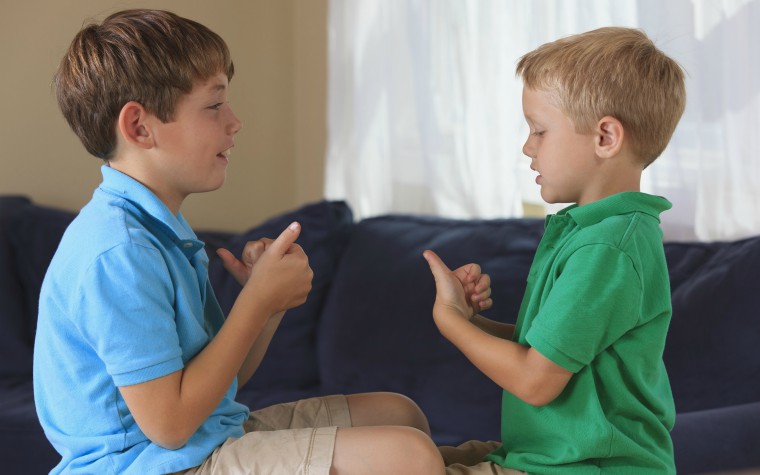


 11:57:33
11:57:33  2025-02-20
2025-02-20  912
912

((The greatest lesson I’ve learned from your site and your daily emails is to simply remember that all we all need is love. It sounds so simple, but it can be so hard in the heat of the moment. Since learning about your work, I’ve been repeating back to my son what he says or wants. Whether I’m willing to do so or not, I know that I’m meeting his desperate need to feel heard and valued. Sometimes, knowing that I’m listening is enough… and it turns out that connecting with me was, in fact, all he needed.))
- Ashley, pregnant mother of a two-year-old
In my practice, I often see families reach crisis points when their children reach certain ages. This first happens around thirteen months, when babies become toddlers and start having tantrums. At this stage, parents look for positive strategies that allow them to keep their toddler safe and provide guidance, while reassuring them that they are there for them. These families are on a winning streak; as long as they continue to listen, resist punishment, and tend to any cracks, they will stay close to their child for life.
What about families who start punishing their toddler? They push their toddler away every time, and their influence over their child diminishes without her even realizing it. As long as we can scare her and send her into temporary isolation, our child will comply with our instructions. But her willingness to listen diminishes with each punishment, and by the time she is five or six and too old to physically control, her behaviors become rebellious. This will continue to escalate into the teenage years, when children are out of the house, slamming the door behind them, looking for love in all the wrong places, unwittingly rejecting the family safety net.
If you are punishing your child, you may think this scenario is a stretch. Your child loves you, after all, and will do what you ask most of the time. And you are right, to some extent. Children are wired to love their parents—even if, unfortunately, those parents hurt them. But their failure to comply with the guidance of adults who are not on their side increases their chances of survival, and if you punish, your child receives a wealth of evidence that you are not always on his or her side. Punishment erodes your influence and undermines your closeness to your child, which becomes more apparent as your child grows older and becomes less dependent on you.
Is it too late? Never. You can always strengthen your frayed bond with your child. But it takes hard work, steely determination, and lots and lots of love.
Reality Of Islam |
|

Get ready f

Researchers

A new metas

As air frye
 9:3:43
9:3:43
 2018-11-05
2018-11-05
10 benefits of Marriage in Islam
 7:5:22
7:5:22
 2019-04-08
2019-04-08
benefits of reciting surat yunus, hud &
 9:45:7
9:45:7
 2018-12-24
2018-12-24
advantages & disadvantages of divorce
 11:35:12
11:35:12
 2018-06-10
2018-06-10
 6:0:51
6:0:51
 2018-10-16
2018-10-16
 11:11:59
11:11:59
 2023-02-01
2023-02-01
the happy life of mankind requirement
 6:36:36
6:36:36
 2022-01-25
2022-01-25
 7:32:24
7:32:24
 2022-02-14
2022-02-14
 2:11:12
2:11:12
 2022-10-15
2022-10-15
 5:58:12
5:58:12
 2021-12-18
2021-12-18
 11:34:48
11:34:48
 2022-06-29
2022-06-29
 4:2:19
4:2:19
 2022-10-10
2022-10-10
 5:41:46
5:41:46
 2023-03-18
2023-03-18
| LATEST |